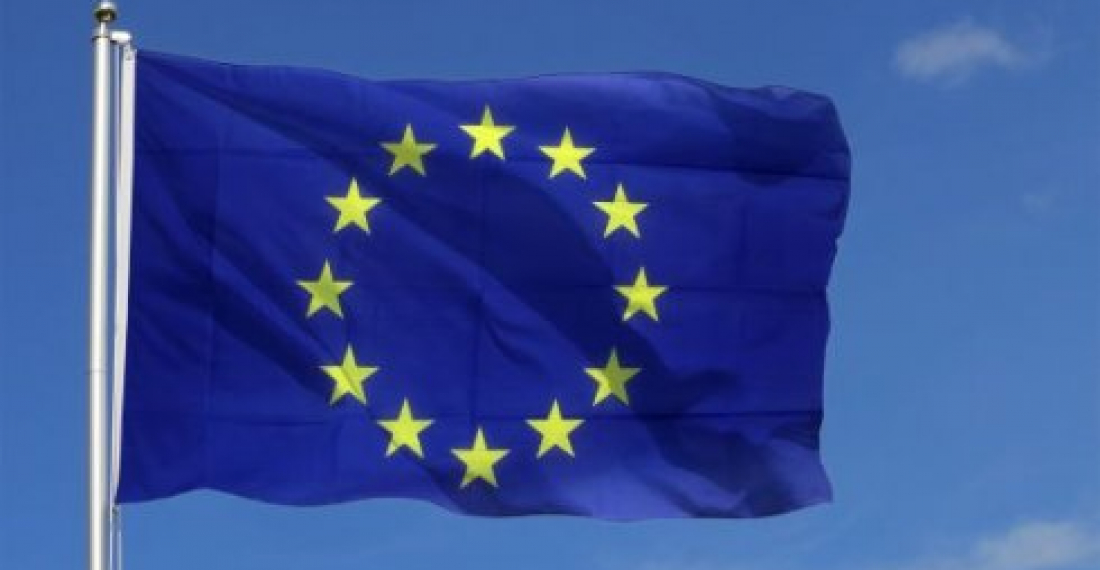The European Union contiunues to push for Armenia and Azerbaijan to engage in substantive negotiations for a solution to the Nagorno-Karabakh conflict.
A statement issued in Brussels on Sunday evening (11 October) by the High Representative for Foreign and Security Policy, Josep Borrell also called for the full implementation of the cease fire agreement. The statement said:
The EU welcomes the agreement reached on 10 October on a humanitarian ceasefire between Armenia and Azerbaijan. The EU urges the sides to strictly abide by this agreement and calls on all actors, including external parties, to refrain from any actions that may lead to further casualties. In this respect, we note with extreme concern the reports of continued military activities, including against civilian targets, as well as civilian casualties and urge the sides to ensure full respect of the agreement on the ground.
The EU calls upon the sides to engage in substantive negotiations without delay under the auspices of the OSCE Minsk Group Co-Chairs, without preconditions and on the basis of the agreed upon principles.
The EU continues to support the work of the OSCE Minsk Group Co-Chairs in seeking a negotiated political solution to the conflict and will remain engaged in efforts towards lasting peace in the region.
source: commonspace.eu with the press service of the European Union







